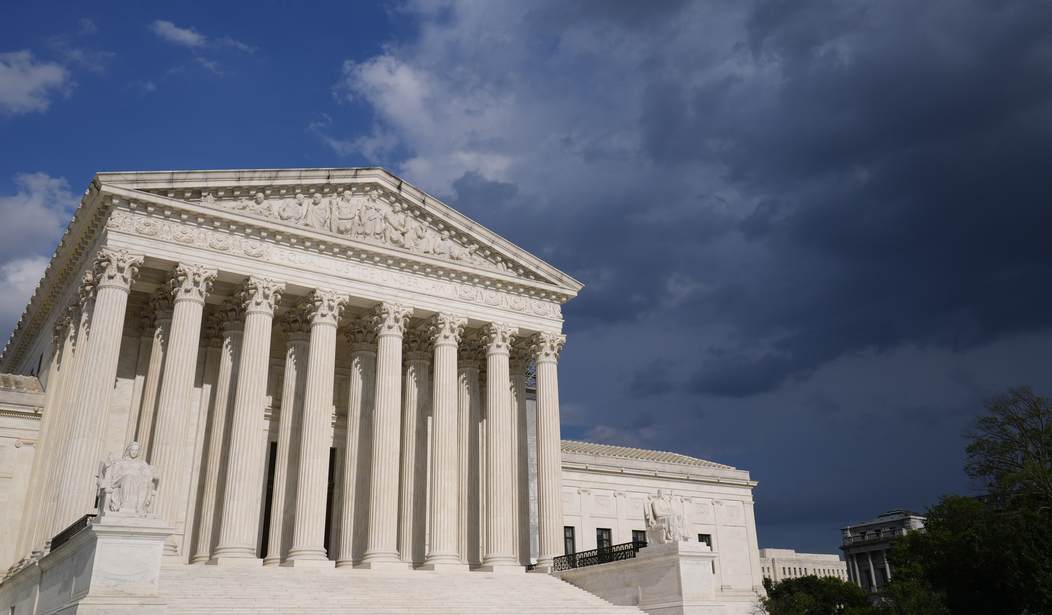Tomorrow the Supreme Court will hear oral arguments that many observers believe could be the end of section 2 of the Voting Rights Act of 1965. The court has been chipping away at pieces of the VRA since 2013 but has so far left section 2 alone.
In a landmark 2013 case, the Supreme Court struck down a key provision of the Voting Rights Act of 1965 that had required some states with a history of discrimination to seek approval from the federal government before changing their voting laws.
In that case, Shelby County v. Holder, the justices split along ideological lines in a decision that showed they differed on how much progress the country had made in race relations since the law was adopted as a crowning achievement of the civil rights movement.
“Our country has changed,” Chief Justice John G. Roberts Jr. wrote in the court’s opinion, “and while any racial discrimination in voting is too much, Congress must ensure that the legislation it passes to remedy that problem speaks to current conditions.”
The court’s decision left untouched a central piece of the Voting Rights Act known as Section 2, which prohibits election or voting practices that discriminate on the basis of race. In the Shelby County opinion, the chief justice wrote: “Section 2 is permanent, applies nationwide, and is not at issue in this case.”
However, that's likely to change tomorrow as the court hears oral arguments in a case arising out of Louisiana. The court already heard oral arguments in this case last year but didn't issue a decision before the end of the term. It then announced it would take a broader look at the issue and ordered new oral arguments. The underlying question is whether or not states must create special majority minority voting districts when redistricting.
In the Louisiana redistricting fight, the court announced in August that it was expanding the legal question to squarely confront whether Voting Rights Act remedies tied to race and used for decades might violate the Constitution’s guarantee of equal protection...
New York University law professor Richard Pildes, an election law expert, said the VRA’s racial remedies have in the past constrained some more obvious attempts at partisan gerrymandering.
“In southern states, for example, which are Republican dominated, they haven’t been able to make every congressional district a likely Republican district because of the obligation to create Voting Rights Act districts (with Black majorities) in those states,” Pildes said.
“If the court dramatically weakened Section 2, it could be easier for states to do away with those districts and make their congressional districts more Republican,” he added.
In Louisiana, the state has a population that is about 31% black and has six congressional districts. In 2022, the legislature adopted new districts only one of which was majority black. A group of 12 black voters, backed by the ACLU and other liberal groups sued under the VRA saying this violated section 2 of the VRA. Lower courts agreed and ordered the state to redraw the districts so that at least two of them had black majorities (thereby making sure 1/3 of the state's six districts have black representatives, similar to the percentage of black residents in the state).
Of course the outcome of the new arguments isn't known but we do know that last year when this was heard the first time, Justice Kavanaugh suggested it might be time to put an end to section 2.
During the first round of arguments in the Louisiana case over the VRA’s Section 2, which prohibits practices that give racial minorities less opportunity than Whites to elect their preferred candidates, Justice Brett Kavanaugh suggested that it may be time similarly to scale back the remedies of that section...
Justice Clarence Thomas, the longest serving member of the right wing, has more fervently argued for an end to the VRA’s race-based remedies. He has been joined at various times by fellow conservative Justices Samuel Alito, Neil Gorsuch and Amy Coney Barrett.
As always, there are a guaranteed three votes against this, but it looks like the conservatives probably have the votes to put an end to this. If they do, there could be new redistricting in the south that adds more GOP seats to the five or so Texas has already moved to create.
Chances are good we'll know which way the court is leaning after we hear the arguments tomorrow.
Editor’s Note: The Schumer Shutdown is here. Rather than put the American people first, Chuck Schumer and the radical Democrats forced a government shutdown for healthcare for illegals. They own this.
Help us continue to report the truth about the Schumer Shutdown. Use promo code POTUS47 to get 74% off your VIP membership.








Join the conversation as a VIP Member